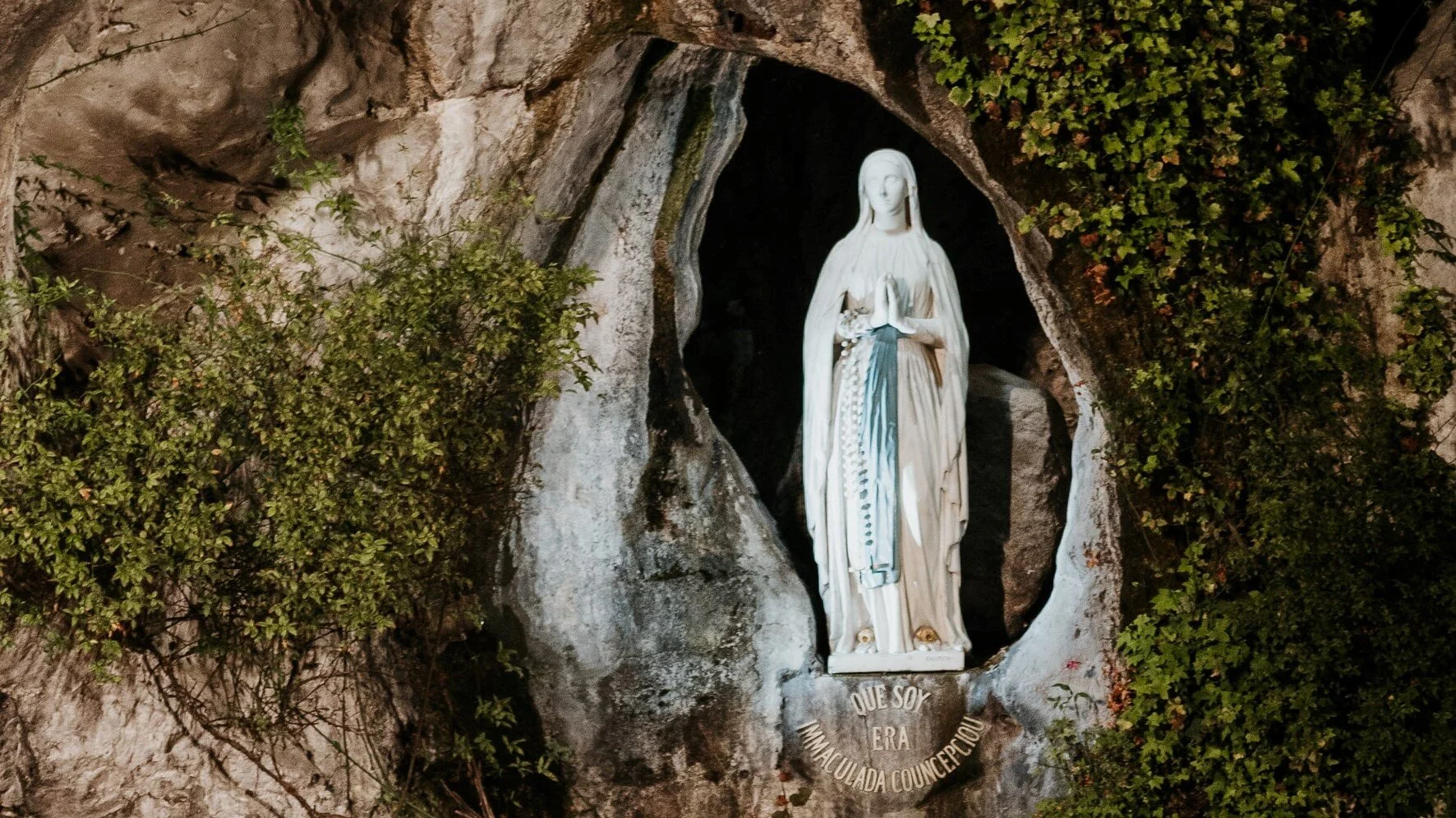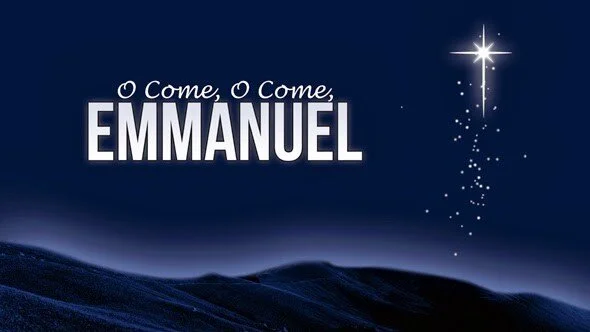Relief from the pandemic is something all of us have yearned and prayed for this past year. It is a hope shared by every man, woman, and child on the face of the planet.
I know what it feels like to find relief. It's almost four weeks since I received my second shot of the Covid vaccine. Even following the first shot, I experienced an unexpected feeling of relief. The anxiety and fear worrying about getting Covid, which I lived with for so many months, was finally lifted. It is a relief that I no longer need to worry that everything I touch, every person I stand next to, or every crowded room I enter is a potential, and perhaps deadly, threat to my health.
This is a relief that I can now visit friends again - especially those who are vaccinated. It is a relief that I can restart one of my ministry's essential responsibilities as Provincial of the Western Province of the Oblates of St. Francis de Sales, personally visiting each member of the community. As provincial, it is my responsibility to be familiar with each Oblate in the Province, assuring that they have the resources, support, faith, prayer life, etc., to live faithfully the charism we share and be effective in their ministry.
I am responsible for the Oblate Province's life at large, assuring that we are faithful to our mission, living lives of integrity and faith. For a year now, these responsibilities have occurred through phone calls and zoom meetings. These vehicles of communication are great but a weak substitute for meeting my brother Oblates in person. Being physically present with another person is a much richer experience than talking to that person on a phone or online. It's simply more personal, more effective, and more human and life-giving.
Finally, I am relieved that I will now be able to visit my 97-year-old mother in NY, whom I haven't seen in a year. I will be able to celebrate Easter mass with her and other members of my family. We will share the Eucharist, something she hasn't done in a year. I know we'll all find relief and joy at that moment.
The relief I feel in all these scenarios is palatable and has made my life easier, happier, more hopeful, and joyful. I thank God for this gift, this relief. It nurtures my soul. Isn't the gift of relief the gift Christ commands us to provide for those people in our world burdened with poverty, illness, violence, prejudice, and more?
As Lent draws close to an end, maybe a question we might ask ourselves is, "How can I live the gospel of justice and service as commanded by Jesus." You know, the command, "Truly I tell you, whatever you did for one of the least of these brothers and sisters of mine, you did for me." (Mt 25:40).
What a tremendous gift we bring through our financial support, attentive concern, and personal engagement to those in need in our community and beyond. What life we nourish in others as we lift significant burdens and bring the simple yet profound gift of relief to those more burdened than we are.
We can provide relief for others, in which is found God's grace, God's love, and God's healing presence.
May the Lord bless us this Lent, and may we grow in our interest and ability to reach out to others, providing relief that brings peace of mind and heart and the grace of Hope!
May God be blessed.
Fr. Jack Loughran, OSFS
Provincial
Toledo-Detroit Province































